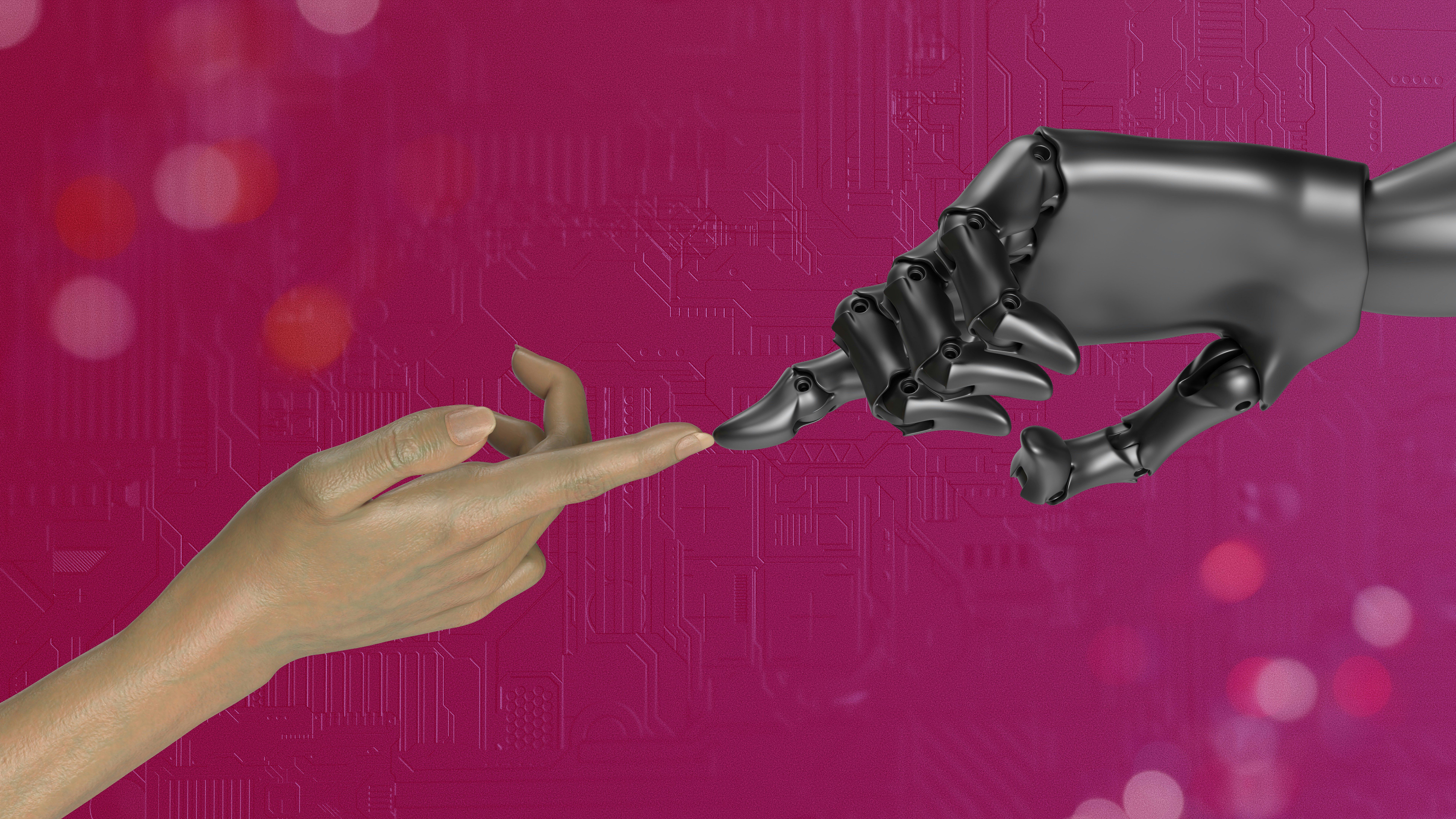
In an era of accelerating artificial-intelligence and automation, many workers worry whether their roles will survive the coming technological transformations. Yet, while certain tasks are indeed vulnerable, not all jobs are equally threatened. Some professions lean heavily on human qualities that are hard (or perhaps impossible) to fully replicate: judgment, empathy, creativity, social trust, physical dexterity in unstructured environments, or moral responsibility. Below is a survey of economic forms of work (broad categories) and specific jobs within them that appear relatively resilient to full displacement by AI.
1. Care, health, and social services
Jobs in caring for people — especially in contexts of vulnerability — require trust, relationship building, and emotional nuance. Nurses, eldercare workers, physical therapists, social workers, mental health counselors, and home health aides are less likely to be wholly replaced by machines. Even if AI and robots assist (e.g. monitoring, diagnostics, reminders), the human presence and empathy remain crucial.
2. Creative, cultural, and design work
Pure repetition and formulaic content can be automated, but original creativity, aesthetic judgment, and cultural resonance are harder. Roles like authors, composers, fine artists, theatrical designers, film directors, and high-end product designers still demand the spark of human imagination. In many cases, AI may serve as a co-tool or collaborator, but not the sole generator.
3. Strategic decision-making, regulation, and oversight
Governance, policy, ethics, and high-stakes decision-making require understanding of social tradeoffs, political values, accountability, and legitimacy. Professions in law, public administration, regulation, and oversight (e.g. judges, regulators, ethicists) are more difficult domains to automate entirely. AI may generate suggestions or analyses, but humans must arbitrate between alternatives, interpret norms, and assume responsibility
4. Education, mentoring, and human development
While AI can tutor or quiz, human teachers, coaches, mentors, and facilitators provide motivation, context, adaptation, and moral guidance. The relational dimension of learning — reading a student’s mood, tailoring encouragement, fostering curiosity — is deeply human.
5. Skilled trades and complex physical work
In mechanical, construction, plumbing, electrical installation, maintenance, and repair work—especially in variable, unstructured environments—humans retain advantage. Spatial reasoning, flexibility, improvisation, and dexterity across novel physical settings are still hard to automate. Roofers, electricians, plumbers, and specialized equipment repairers fall in this category.
6. AI-adjacent technical and data roles
Interestingly, many future-resilient roles are those that work with AI rather than compete with it. The World Economic Forum’s Future of Jobs 2025 report highlights growth in roles such as big data specialists, AI and machine learning engineers, cybersecurity professionals, and data operations managers. In these roles, humans own oversight, validation, ethical judgment, and system design.
Why these jobs tend to persist
- Complementarity rather than substitution: Research suggests that AI is more likely to amplify human skills than fully displace them, increasing the demand for “AI-complementary” skills like critical thinking, ethics, social intelligence, and digital literacy.
- Uncertainty, ethics, and accountability: In domains where wrong decisions are risky (politics, law, medicine), human responsibility is essential.
- Human connection and emotional work: Empathy, trust, dynamic social signaling — these are hard to codify.
- Physical complexity and adaptation: Many environments remain too unstructured or variable for robots to operate cheaply in all cases.
- Creativity and meaning: Humans care about nuance, narrative, symbolic meaning, and cultural significance in a way that purely algorithmic outputs struggle to match.
No job is absolutely “safe,” and many roles will evolve with AI rather than vanish. The key to resilience is adaptability: workers should build skills that AI struggles to replicate — social, emotional, ethical, and integrative skills — and learn how to work alongside AI. Also, new jobs will emerge (in climate adaptation, human augmentation, AI ethics, etc.).
Moreover, policy, regulation, and education systems will matter. Societies that invest in lifelong learning, fair transitions, and human-centric economic design may fare better in managing AI’s disruptions.
In sum: while certain purely routine or formulaic tasks are likely to be automated, many jobs anchored in human judgment, creativity, caring, moral responsibility, or unstructured physical work are much harder to fully displace. Those roles — especially when coupled with skills to collaborate with AI — stand the best chance of enduring in an AI-inflected future.
